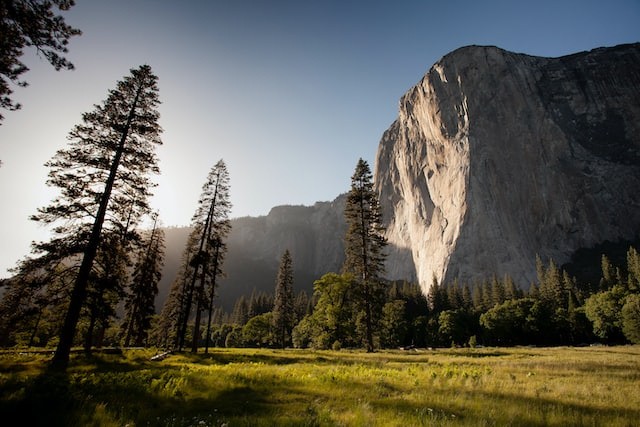Urban areas could indeed expand due to rapid population growth or migration into cities on which could also reduce biodiversity and alter organisms ranges and interactions. This reduce the interactions with nature. However, research on this subject is limited.
Humans are furthering apart from nature

The idea that human interactions with nature have been declining as a result of urbanization is widely held, but there is little concrete data to back it up, as per SciTechDaily.
Scientists studied the total difference from people's homes towards the nearest areas with minimal potential impacts over the last decade to gain a better understanding of this issue.
They discovered that humans now live 9.7 km apart from a natural area, which is 7% distant than in 2000. Europe and East Asia have the highest total distances to natural areas, with Germany having 22 km and France having 16 km.
Dr. Victor Cazalis, a postdoctoral researcher at iDiv and Leipzig University, and his colleagues discovered that tree cover within cities has decreased globally since 2000, specially in Central Africa and South-East Asia.
This result suggests that the urban population's ability to access green spaces is dwindling, according to Dr. Gladys Barragan-Jason, a researcher at the Theoretical and Experimental Ecology Station and co-author of the study.
The authors discovered 18 studies that show a decline in visits to nature parks in the United States and Japan, a decrease in camping activities in the United States, and a reduction in the number of flower species witnessed by Japanese children.
They also see signs of detachment in the depletion of elements in novels, songs, children's albums, and animated movies, which are becoming increasingly devoid of natural imagery.
According to Victor Cazalis, knowledge of such human-nature interactions is critical because they play a role in the construction of our connection to nature and our behaviors.
We must maintain a strong connection with nature in order to facilitate the essential societal transformations of the twenty-first century.
Do not hesitate to spend time in Nature with recreational activities
Experts simply agree that recreational activities significantly improve your mental health, making physical exercise even more beneficial. And because outdoor or green exercise is usually provided for free by Mother Nature, as per share discovery village.
Once you spend time with others doing various outdoor activities, your self-esteem skyrockets. This effect is amplified when you spend more time near water, green spaces, and natural sounds such as waterfalls.
Walking on nature trails, fishing, and gardening, among many other physical activities, are all beneficial to your self-esteem.
Another worthwhile activity is playing with paintball guns or laser guns, which gives you a revitalized feeling of accomplishment and a significant boost in confidence.
Nature walks have been shown to improve memory recall in humans. For example, walking around trees improves your memory by even more than 20%.
It's also been proven scientifically that people are spending more time in nature have a lower heart rate compared to those who spend hours in front of screens or stuck in traffic.
When you play outdoors, you burn a lot of calories and fat. And because being outdoors during the day helps you sleep better, and better sleep facilitates faster weight loss, the role of outdoor time throughout your physical fitness cannot be overstated.
If you are working, you possibly spend a lot of time indoors, sitting in front of a computer, or under artificial lighting. It is your best decision to stop this harmful behavior. Get off the couch and go for a walk in the woods for a healthier lifestyle.
© 2025 NatureWorldNews.com All rights reserved. Do not reproduce without permission.





